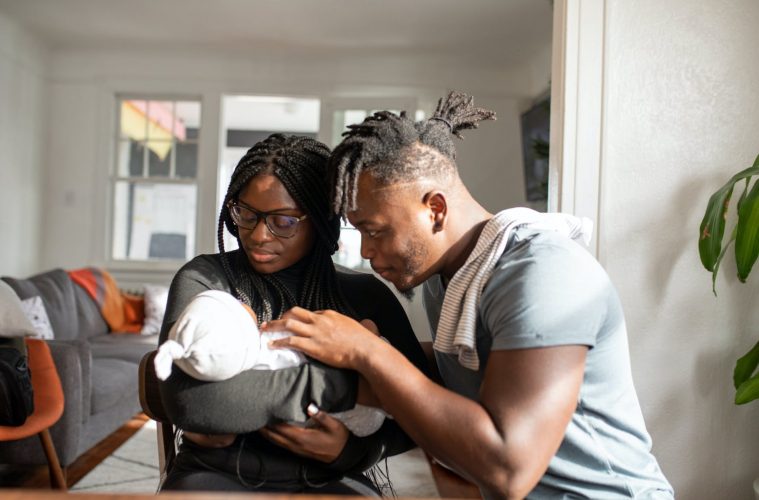On March 11, 2021, U.S. President Joe Biden signed the American Rescue Plan, through which the national Child Tax Credit was expanded to aid families affected by unemployment and poverty during the COVID-19 pandemic.
This new advance child credit plan will provide parents with $300 a month per child under 6 years old, and $250 a month per child between 6 and 17 years old. Payments were scheduled to begin on July 15 and be distributed on the 15th of each month until December 2021. However, numerous eligible families have reported that they are still awaiting their payments from the IRS.
The issue is largely due to the fact that many poor American parents and guardians are not registered in the IRS’s database. How could over 4 million eligible children be unaccounted for during one of the most dire financial crises of our time? Many of these families have been unemployed, underemployed and/or living far below the poverty line, and therefore were not required to file their tax returns over the last couple of years. Because of this, the IRS is missing crucial information from them, including names, addresses, and bank account numbers. According to a report published by the Center on Budget and Policy Priorities, some of the eligible groups who haven’t yet received automatic payments include parents who are immigrants, veterans, parents with disabilities, uninsured children and recipients of benefit programs such as SSI, SNAP and Medicaid.
The families that would benefit the most from this relief plan are the ones essentially living outside of the federal government’s revenue radar. This has led to them being unable to receive financial assistance initiatives, including the three stimulus packages that were sent out to individuals throughout the course of the pandemic.
This Child Tax Credit expansion has the potential of lifting children out of adverse circumstances by helping families acquire basic necessities such as food, clothing, diapers, medicine and more. Vanessa Pierre, a mother who did receive her child credit payments, shared that these monthly payments are now her “grocery budget”, in an interview held on July 15 with MSNBC host Lawrence O’Donnell. These monthly payments could effectively change the lives of families that have been struggling to afford the ever-rising costs of food and shelter. “This means we can keep our head above water on a month-to-month basis,” stated Pierre.
In hopes of reaching low-income parents and caretakers who have been missing out on payments, the IRS partnered with local non-profits, churches and community centers in 12 cities in the U.S. to host live events on July 9 and 10. Although community outreach organizations have been making an active effort to instruct these families on how to submit their information through the IRS non-filer portal, many families are still unaware that this step is required before they can receive payments. Measures must be taken on a state and municipal level, by mayors and governors, in order to reach the millions of people who should be receiving these funds.




